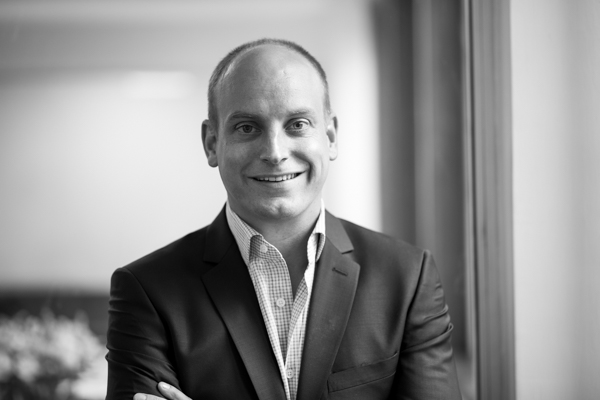Adeola Ayoola is the founder of Famasi Africa, a digital health platform that helps people manage and access their medications, schedule doorstep deliveries, as well as automate monthly refills.
What are some challenges you’ve encountered in the course of operations?
The major challenge is that there’s no existing technology to build on. Starting a digital pharmacy requires stringing multiple tools into one and trying to make them function in a way they weren’t designed to. This is why we started to build our own in-house infrastructure for us and others to build on. Ultimately, by aggregating everything required to power digital health on one platform, our goal is to power 1 million refills directly and indirectly by 2027.
How do you counter the problem of self-medication? Do you only provide medication when patients present an official prescription; or anyone can get access to drugs?
Self-medication is a huge menace in healthcare globally and it goes beyond self-prescribing to self-dosing, self-therapy, medication misuse, poor adherence, and illicit use of controlled substances. In Nigeria, the prevalence is between 60–90%. One of the things my co-founder and I did when we started was to find out medication trends and patterns. We asked a ton of questions, one of such being conversations with a Bolt driver. A major determinant for self-medication is the convenience and accessibility of medications to self-medicate.
At Famasi, we don’t prescribe medications, and we only work with prescriptions or directly with providers. However, we prioritise convenience, access and personalised support for our customers. Via a dashboard, they can order, track and refill their medications with a dedicated support channel to provide information on the proper use & benefits of the medications.
As we grow, we aim to continue to find simple ways to communicate health information and warnings to our customers.
What should we expect from Famasi Africa in the next five years?
Our aim is to power 1 million refills across five African countries in the next five years, including countries in East and West Africa. By our roadmap, our APIs should be embedded in fintech and uper apps, allowing people to access same-day medication delivery, medication insurance and personalised care services via their wearables & a mobile app.
What are some things you know now about running a healthtech that you wish you knew before you started Famasi Africa?
Lack of infrastructure. One of the major reasons healthtech is hard to build is the absence of infrastructure to layer the innovations on. This also contributes to why healthtech solutions are built in silos and fragmentation is apparent.
If we had known how much gap exists due to lack of infrastructure, we’d have solved for it first. However, by building a digital pharmacy first, we learnt quickly the needs of our customers and we’re better equipped to deliver on them. Today, we’re building the infrastructure to power last-mile care for Famasi and other digital health innovations to be built.
Founders talk about how hard it is to get talent. Has this been a challenge for you so far?
We’ve had our fair share of talent challenges, but it’s not so much in getting the talents as it is finding the right talent who align with the goals and pace. At Famasi, we want people who can do the work but also contribute positively to the culture; at the core of what we do is a deep connection to the problems we’re solving for Africans.
We recently spotlighted Adeola Ayoola in our exciting new video series, My Startup in 60 Seconds. You can watch her episode here and other videos in the series here.
My Life in Tech (MLIT) is a biweekly column that profiles innovators, leaders, and shapers in the African tech ecosystem, with the intention of putting a human face to the startups and innovations they build. A new episode drops every other Wednesday at 3 PM (WAT). If you think your story will interest MLIT readers, please fill out this form.






















